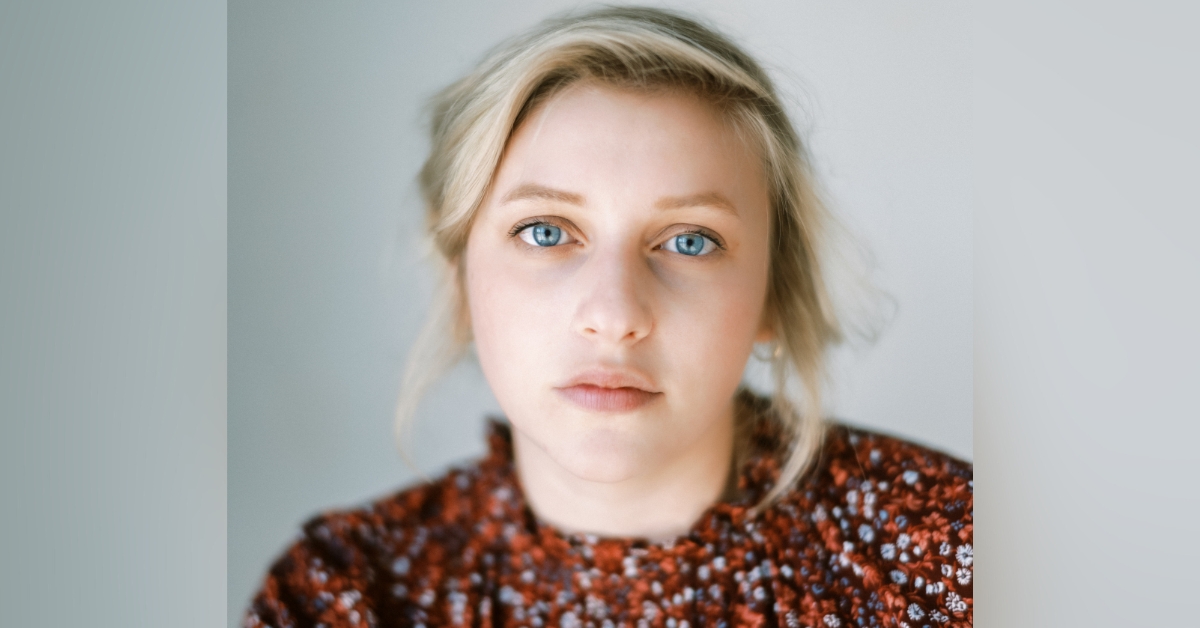Kristian Matsson has never remained in one place for very long. Having spent much of the last decade touring around the world as The Tallest Man on Earth, Matsson has captivated audiences using, as The New York Times describes, “every inch of his long guitar cord to roam the stage: darting around, crouching, stretching, hip-twitching, perching briefly and jittering away…Mr. Matsson is a guitar-slinger rooted in folk, and his songs are troubadour ballads at heart.”
Then came 2020, when Matsson left New York City and returned to his farm in Sweden. There, during that quiet, dreary time of isolation, he drowned out his thoughts by manically growing vegetables in his garden. When he tried writing again, during those many months of collective forced solitude, “I just found myself commenting on the darkness,” Matsson says. “I lost my imagination.” Playing live, music and inspiration returned near the end of 2021, and his produce became less of a priority. “When I’m in motion, I can focus on my instinct, have my daydreams again. When I was finally able to tour again, I started writing like a madman.” He eventually had twenty songs he wanted to record in ten days.
Now, Matsson returns as The Tallest Man on Earth with Henry St., his sixth studio album following 2012’s There’s No Leaving Now, full of “vivid imagery, clever turns-of-phrase, and devastating, world-weary observations” (Under The Radar) and 2015’s Dark Bird Is A Home, his “most personal record… surreal and dreamlike” (Pitchfork). Henry St. notably marks the first time he recorded an album in a band setting. “My entire career I’ve been a DIY person––mostly fueled by the feeling that I didn’t know what I was doing, so I’d just do everything myself.” But now, longing for the energy that’s only released when creating together with others, Matsson invited his friends to come and play.
Nick Sanborn (of Sylvan Esso) produced Henry St., which includes contributions from Ryan Gustafson (of The Dead Tongues) on guitar, lap steel and ukulele, TJ Maiani on drums, CJ Camerieri (of Bon Iver) on trumpet and French horn, Phil Cook on piano and organ, Rob Moose (of Bon Iver, yMusic) on strings and Adam Schatz on saxophone. “They opened everything up, and understood what the songs that I’d written needed: sounds that I couldn’t ever have thought of or created myself. We recorded so many of the songs live in the studio, playing, having fun and being really open with each other.”
An overarching theme of Henry St., he says, is “how to be a person in this world.” The title track is about the deception that, “as individuals, we’re told that we should strive for success. But when we have it, it doesn’t solve anything. The song is about stepping away and thinking: why am I actually doing this?” While writing the song back in Sweden, he knew it would be the centerpiece of the album. “It’s the low point and the turnaround: the other songs are a reminder that I will always be a stubborn optimist, even at the darkest of times.” He was about to record the track as a solo piece, until Phil Cook came in on his first day in the studio. “I had Phil basically hanging over my shoulders at the piano while we were playing, and then he recorded it. He improvised that beautiful outro. When he did, our jaws dropped––I was in tears.”
“Looking for Love” is one of those songs about Matsson’s stubborn optimism, and a shining example of Sanborn’s influence on the album. “The first day in the studio, Nick created this hissing noise while I was feedbacking electric guitar. We had so much fun jamming like that. Then Nick put down some piano to overdub my guitar, and we knew we had the song.” The tone for their collaboration was set. “Nick is so emotionally intelligent, and we share an almost childlike joy in things that can happen with music. He makes the songs come truly alive by keeping the performances and the humanity in––the kind of stuff that just happens during the session.”
The song “Every Little Heart,” he says, came from a feeling of fearlessness, a confidence in making music after two years of relative silence. “But of course I still have little demons inside of me. I wrote some key changes in the song that came natural to me, but I worried they might sound unnatural to others. When TJ Maiani heard it, he straightaway went into this drumbeat that shocked me a little at first, but came completely natural to him. It fit the song perfectly.”
Matsson’s longing for social interchange, after months spent with only his crops, led to the collaboration that delivered the warm, unique and sprawling sound of Henry St. “It’s the most playful, most me album yet, because it covers so many of the different noises in my head. When you overthink things, you get further away from your original ideas. And God knows I overthink things when I’m by myself.” The time in isolation also brought him some newfound peace of mind. “Having been away from it taught me that making music and performing is what I’m doing for the rest of my life, and I’m so grateful for it. It has given me new confidence and playfulness. This is what I do. It’s unconditional.”


